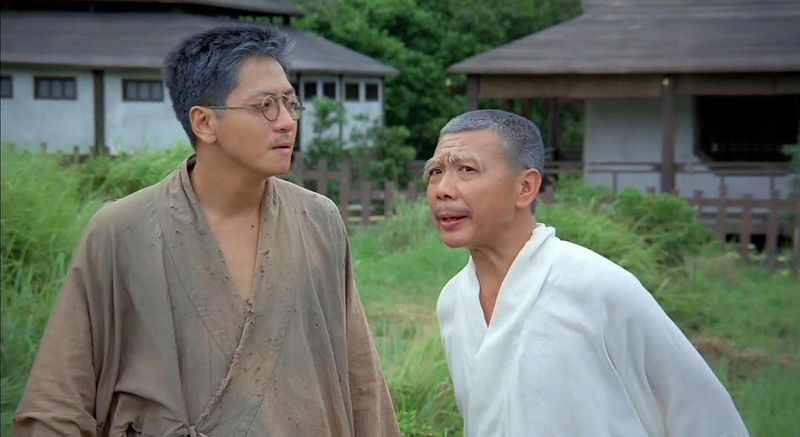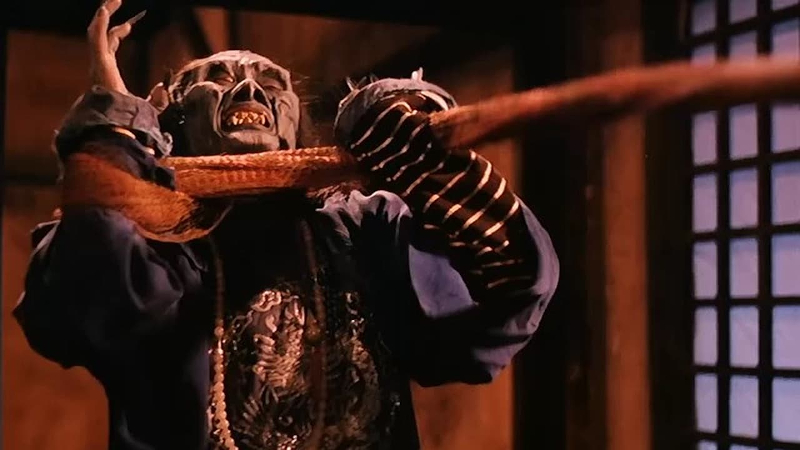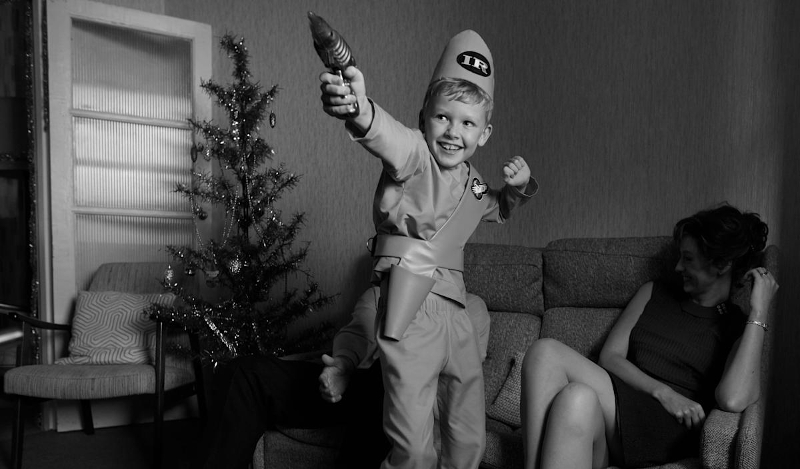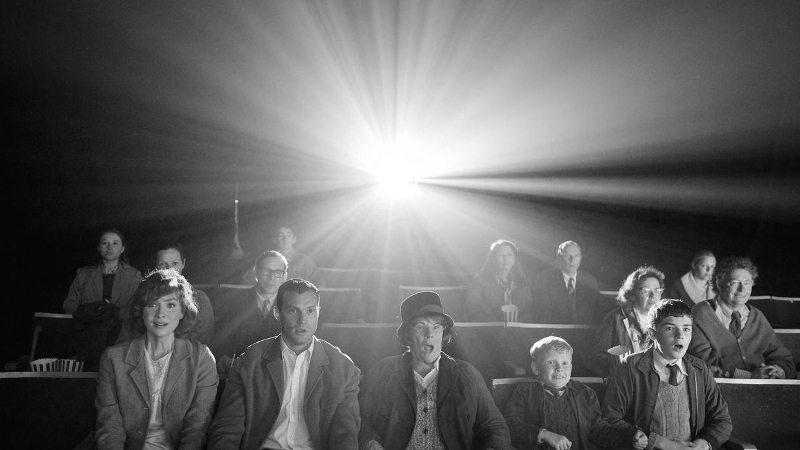Director – Ricky Lau – 1988 – Hong Kong – Cert. 12 – 96m
***1/2
A feud between Taoist and Buddhist neighbours, and a tentative romance between their boy and girl apprentices, are interrupted by the arrival of a coffin, from which a hopping corpse escapes – out on Blu-ray in the UK on Monday, May 22nd as part of Eureka! Video’s Hopping Mad: The Mr. Vampire Sequels
The fourth and final ‘official’ Mr. Vampire film (i.e. to be made by Sammo Hung / Leonard Ho’s Bo Ho Films company).
This once again shakes up the formula to deliver something different from its predecessors. Where the third film replaced the franchise’s jiangshi (hopping corpses) with flying ghosts, this fourth entry brings jiangshi back again and yet, curiously, they only come into play in about half of the film. The other half concerns two next door neighbours who don’t get on with one another. As with the previous films, the knockabout comedy sensibility holds the whole thing together.

The second major change is the conspicuous absence of star Lam Ching-ying who previously played the jiangshi-fighting, Taoist priest. According to the Blu-ray booklet’s helpful essay on these films by James Oliver, this appears to be down to the fact that Lam simply wasn’t available, a theory backed up by the fact that he subsequently worked again with most of those involved in the franchise.… Read the rest


